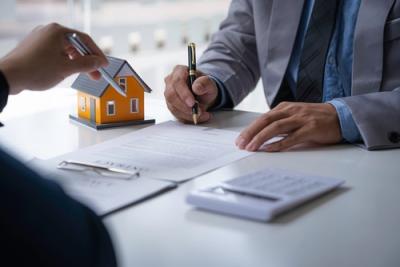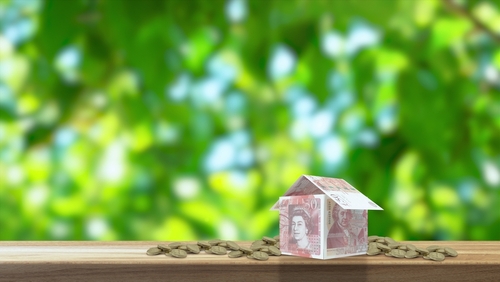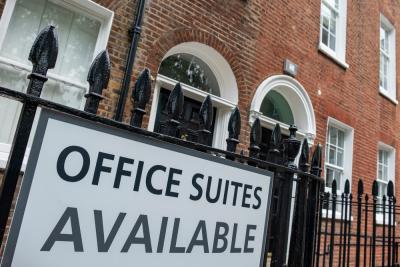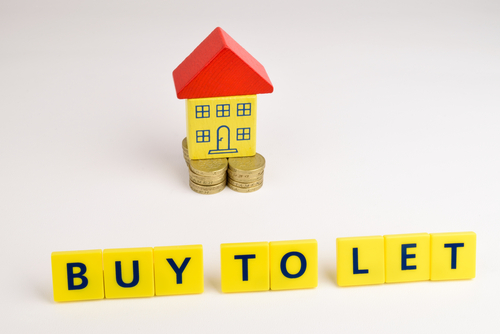
With the high cost of transactions making flipping less attractive than before, the Nationwide has quantified an alternative option - home improvements that add floor area and thus value.
Nationwide’s senior economist Andrew Harvey says: “The pandemic period was characterised by a ‘race for space’ as people re-examined their housing needs, although more recently there have been signs that some of these patterns may have unwound, at least partially. Considering this, we’ve taken the opportunity to look at the factors that affect the value of homes, and the potential to add value.
“Location remains key to house values, but other factors, such as the size of the property (including number of bedrooms), are also important to homebuyers. Home improvements that increase floor area, such as an extension or loft conversion, remain a compelling way to add value. Indeed, since we last looked at this back in 2016, the value added by such improvements appears to have increased.
“Ultimately of course, the decision to invest in the home is an individual one, taking into account the costs and hassle involved, as well as potential benefits. And, for some households, it’s a choice between move or improve. Amongst owner-occupiers considering moving, the most cited reason was for a larger house or flat.
“Having more useable space is generally thought to be consistent with better quality accommodation and people appear to be prepared to pay for it. A 10% increase in floor space, other things equal, adds 5% to the price of a typical house. Adding space to create an additional double bedroom can add around 14% to the value of an existing two bedroom house.
“A second bathroom remains a favourite amongst homeowners and our research shows that an additional bathroom can add 6% to the value of the average house.
“Homeowners that add a loft conversion or extension, incorporating a large double bedroom and bathroom, can add as much as 25% to the value of a three-bedroom, one-bathroom house. This has increased from 22% in our 2016 research feature.
“One of the questions homeowners may ask themselves before ringing the local builder is, ‘do we really need the space?’ English Housing Survey data suggests that 87% of owner-occupied properties have at least one spare bedroom, with more than half (53%) classified as ‘under-occupier’, which is defined as having two or more spare bedrooms.
“However, the increase in home working means that some of these spare bedrooms are now more likely to be used as a home office or study. Additionally, many householders buy properties they intend to grow into over time, as their families expand and, probably more significantly given demographic trends, people remain in properties after their children fly the nest.
“Aside from extending, other ways of making your home more attractive include making it more energy efficient. Given cost of living pressures, energy costs remain a concern for households. Further, decarbonising and adapting the UK housing stock is critical if the UK is to meet its 2050 emissions targets, especially given the housing stock accounts for c20% of the UK’s total carbon emissions.
“The Government aims to update as many homes as possible to energy efficiency rating ‘C’ by 2035 ‘where practical, cost effective and affordable’. It also aims for all fuel poor households, and as many rented homes as possible, to reach the same standard by 2030.
“Over the past ten years energy efficiency has improved significantly thanks to the higher energy rating of newly-built properties and the improvements carried out on many existing homes, such as loft and cavity wall insulation. The latest data (2021) shows 47% of the housing stock is now rated ‘C’ or higher, up from 16% in 2011.”










.png)










Join the conversation
Be the first to comment (please use the comment box below)
Please login to comment